In this weeks task, the teams were asked to produce a free premium magazine and sell advertising space in them.
These free magazines that have come to be known as Freemiums are a massive business due to the volume that is given away and makes money from the advertising space that is available. It was the team’s job to come up with a theme for the magazine and sell the advertising space to advertising agencies.
The key to the task was identifying a target market, understanding the consumer and working to deadlines.
Team Venture this week was lead by Jim and they went down the route of targeting the over 60’s. Jim opened this idea up to the group and gained a consensus.
At their focus group, they were told that the over 60’s wanted to be represented as being young. A number of names were given to the focus group and all of them were dismissed.
Team Logic this week were led by Natasha and they went down the route of producing a Lads Mag. At their focus groups, they were told that young lads didn’t want to be talked down to and the usual approach to Lads Mags probably wouldn’t work. They wanted the bar to be raised, looking at things like entrepreneurial things, business and money.
Venture eventually decided on the name of ‘HIP Replacement’. Hip in the sense of being young and cool. Venture called their magazine ‘Covered’.
Jim sent two of his team to carry out a focus group with a very unclear brief. The others started to look at the Magazine content.
Zoe talked through what the cover should look like, and it was designed and looked really good. Very young and modern, but Jim stepped in and changed it all and toned it down. Zoe challenged this but Jim stuck to his guns.
Logic on the other hand went off the track that their focus group had given them. They were producing a lads mag with half-naked ladies but trying to feed in the other stuff. However, they were branding the things the focus group with lads mag names, for example, a feature on how do you spend your money was titled ‘How do you blow your load’.
A few of the team challenged this, but Natasha was adamant that this was the right thing to do.
At the pitches, Venture pitched their Hip Replacement magazine. The initial feedback was that the concept was good, but the title wasn’t. Jim provided the prices of the advertising but was not going to negotiate, instead choosing to say that the rate card price was the price.
Suzi in the team disagreed with this approach, but as in previous tasks, her challenges were pushed aside. This was a similar story in the other two pitches, but in the last Jim decided to slash 50% off the advertising prices – maybe realising the mistake he had made.
Logic’s feedback was that they were going into a market that was very crowded. They were however willing to negotiate on prices.
In the end, Covered sold well over £75,000.00 worth of advertising – £60,000 from one agency versus Hip Replacement selling just £28,137399.00. One agency gave them nothing.
The feedback for Hip Replacement was that the concept was fantastic, but the title was awful. Plus, the agency that gave them £0 was the one they refused to negotiate with.
After a discussion around what was to blame – the name, the negotiations, Jim taking unilateral decisions constantly to deflect blame from him solely and the amount of input from others Lord Sugar fired Glen as he didn’t think his background would suit going into business.
What are the lessons from this week?
There are many of the same from previous weeks and some new ones:
Pick your market carefully – Ensure you do your research to ensure there is a market in the area that you are looking at. Listen to what potential customers tell you and act on it, don’t ignore it.
Mix unilateral decisions with direct decisions – Leaders should involve the team in the decision-making process, but not all of the time. This can be seen as week and deflecting blame.
Produce clear briefs – If you are designing a product, ensure the brief you give for it is clear, and ensure the team is 100% clear on the brief. Check there are no misunderstandings.
The product isn’t everything – It’s not the physical product that sells, the brand sells the product. You may have the best product in the world, but if it’s in the wrong packaging it will never sell.
Be prepared to Negotiate – If you are selling you must be prepared to Negotiate. Preparing your Negotiations beforehand is a must. Think about your entry point and your walk-away point. This points out your degree of flexibility.
Next weeks task is selling British products to the French. My post will be online shortly after the programme.
Until then
David
If you are interested in finding out more about the above and learn how to Negotiate Effectively, take a look at our Negotiation Skills Course. You can see the Negotiation Skills Training Course Overview here.



